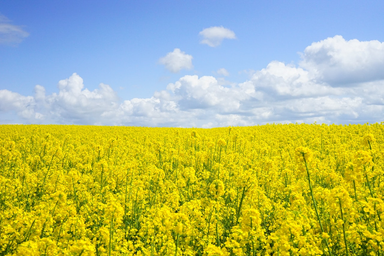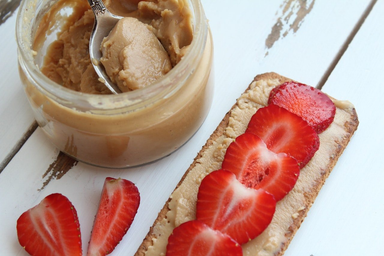The "Pollening" Is Coming

Itchy throat, watery eyes, and coughing yes it is that time of year again. It is allergy season.
It is estimated that 10-30% of the global population is afflicted by allergic rhinitis (or hay fever) and 300 million people worldwide are affected by asthma according to World Allergy.

Allergies can be stressful to navigate and can put a damper on your plans and overall well-being. Seasonal allergies begin in spring with allergy-causing trees and plants and late spring and early summer grasses. Lastly, ragweed season ends at the tail end of summer and ends with the start of fall.
However, if you have felt that your allergies intensify, they most likely have become worse in recent years. Research shows that quality of lifeis impacted by seasonal allergies in children as young as 12-17 years old.
World Allergy Organization stated that climate change would affect the pollen season’s start, duration, and intensity and exacerbate the synergistic effects of pollutants and respiratory infections on asthma. Yes, you read that correctly. With the changes in our climate, we will also be faced with a change in allergy-causing weather, pollen, and plants.
Chronic Rhinosinusitis Refractory is an inflammation of the paranasal sinuses that continues even after surgery that impacts our body’s response to allergies. Unfortunately, 84% of all patients tested positive for allergies. Therefore, patients may continue experiencing symptoms due to allergens even after surgery.
So how can you be aware of allergies and ease some of the symptoms?
Ways to help allergies:
- Doing saline nasal irrigation: this can help rinse away any allergens in your nasal cavities
- Inhale steam: Plants or essential oils like eucalyptus can be added to water to make steam for you to be calmer and come down to your allergies.
- Use AC, not outside breeze: Outside air carries dust and pollen. Try sitting in spaces with AC.
- Vitamin C in your regimen.
- Drinking water can help to thin out the mucus layers in your nose.
Also, take this moment to contact your primary care provider (or find one) to set up an appointment to discuss any concerns with allergies.
HUED is committed to eliminating health disparities and improving overall patient outcomes for Black, Latinx, and Indigenous people. How do we do that? By designing equity-based education, enabling access to culturally sensitive healthcare providers, and empowering patients to make data-informed decisions about their healthcare. We offer a directory that connects Black, Latinx, and Indigenous patients with culturally humble medical providers.
Stay connected with us on Instagram @HUEDCO, and do not forget to subscribe to our newsletter! We would not want you to miss any new research or blogs.
Site content is provided for informational purposes only and is not intended to be a substitute for professional medical advice, diagnosis, or treatment.
